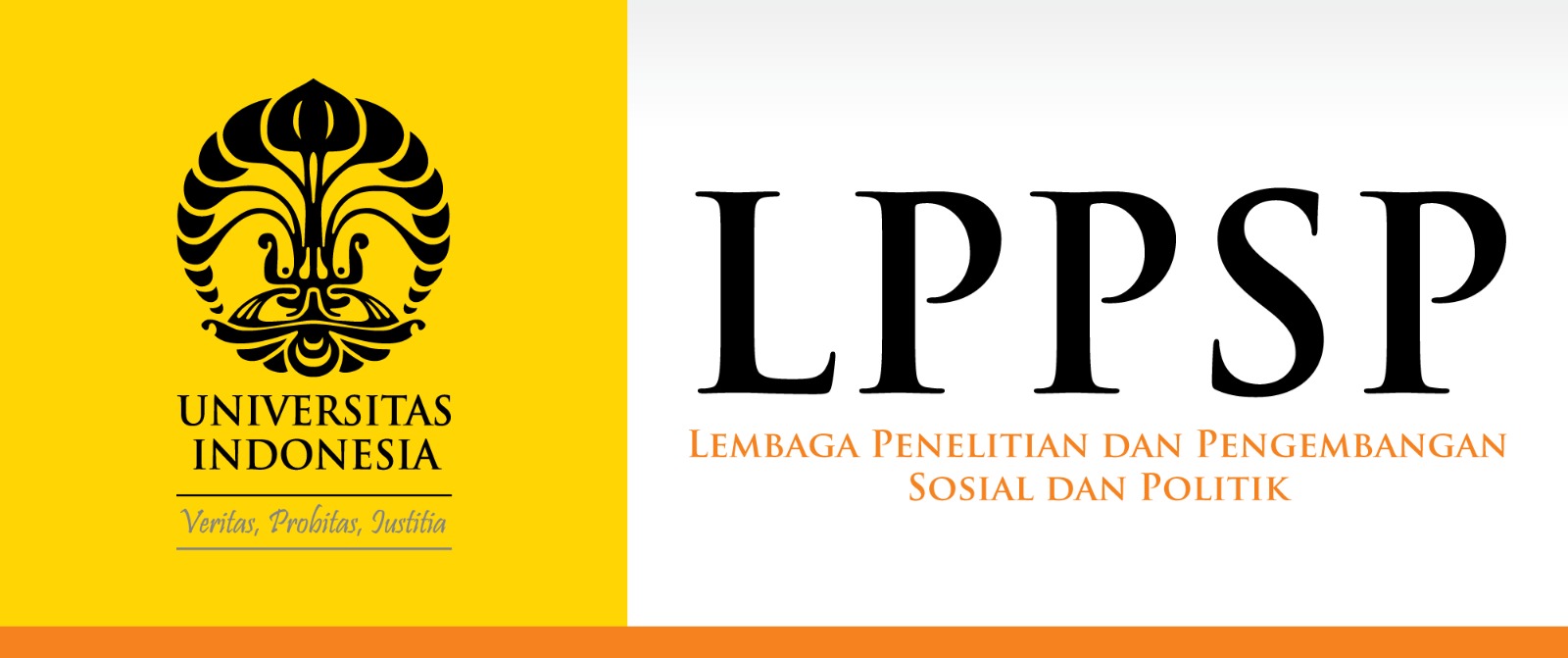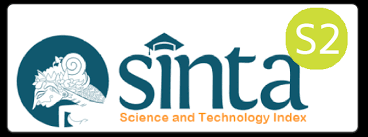JURNAL KOMUNIKASI INDONESIA
Abstract
With the first edition of this work conceived well over a decade ago and the present edition published just about a year ago, there is still much to understand about technologies and new media intellectually and empirically. Dr Eugenia Siapera’s work “Understanding New Media”, 6th Edition eases the task for readers by providing comprehensive and readable information about much that we need to know on the concept ‘new media’, its variants and their relationships with the social and other non-social elements of society. Diversity, hegemony, production, consumption, theories and political economy are some of the key themes Dr. Siapera examined critically in her work. Because of the importance she attaches to the issue of political economy, the author dedicated a whole chapter (Chapter 2) to political economy of new media. Using critical discourse analysis approach, we reviewed chapters 1, 2 and 5 only. This is because of the critical importance of the analysis provided in these chapters on some of the most intriguing topics in media studies and research such as issues surrounding the concept of new media, the influence of political economy on media content dissemination and consumption as well as the negative uses and effects of new media in society, especially on young users.
References
Barney, D. (2004). The network society. Cambridge, UK: Polity Press.
Castells, M. (1996). (2nd edition 2000). The rise of the network society. In The information age: Economy, society and culture, vol. I. Cambridge, MA, and Oxford: Blackwell.
Castells, M. (1997). (2nd edition 2004). The power of identity. In The information age: Economy, society and culture, vol. II. Cambridge, MA, and Oxford: Blackwell.
Castells, M. (1998). (2nd edition 2000). End of millennium. In The information age: Economy, society and culture, vol. III. Cambridge, MA, and Oxford: Blackwell.
Coles, B. A. & West, M. (2016). Trolling the trolls: Online forum users’ constructions of the nature and properties of trolling. Computers in Human Behavior, 60, 233–244.
Hankey, S., Marrison, J. K. & Naik, R. (2018). Data and democracy in digital age. London: The Constitution Society. Retrieved from http://consoc.org.uk/publications/data-and-democracy-in-the-digital-age
Hinduja, S. & Patchin, J. W. (2015). Bullying beyond the schoolyard: Preventing and responding to cyberbullying. London: Sage.
Katz, E., Blumler, J. G. & Gurevitch, M. (1973). Uses and gratifications research. The Public Opinion Quarterly, 37(4), 509-523.
Tokunaga, R. S. (2010). Following you home from school: A critical review and synthesis of research on cyberbullying victimization. Computers in Human Behaviour, 26, 277-287.
Iyengar, S., & Kinder, D. R. (1987). News that Matters: Television and American Opinion. Chicago: University of Chicago Press.
Recommended Citation
Ibrahim, Adamkolo Mohammed and Pate, Umaru A.
(2019)
"Book Review: “Understanding New Media”, 2nd Edition (2018) by Eugenia Siapera,"
JURNAL KOMUNIKASI INDONESIA: Vol. 8:
No.
3, Article 7.
DOI: 10.7454/jki.v8i3.11061
Available at:
https://scholarhub.ui.ac.id/jkmi/vol8/iss3/7
Included in
Gender, Race, Sexuality, and Ethnicity in Communication Commons, International and Intercultural Communication Commons, Social Influence and Political Communication Commons




